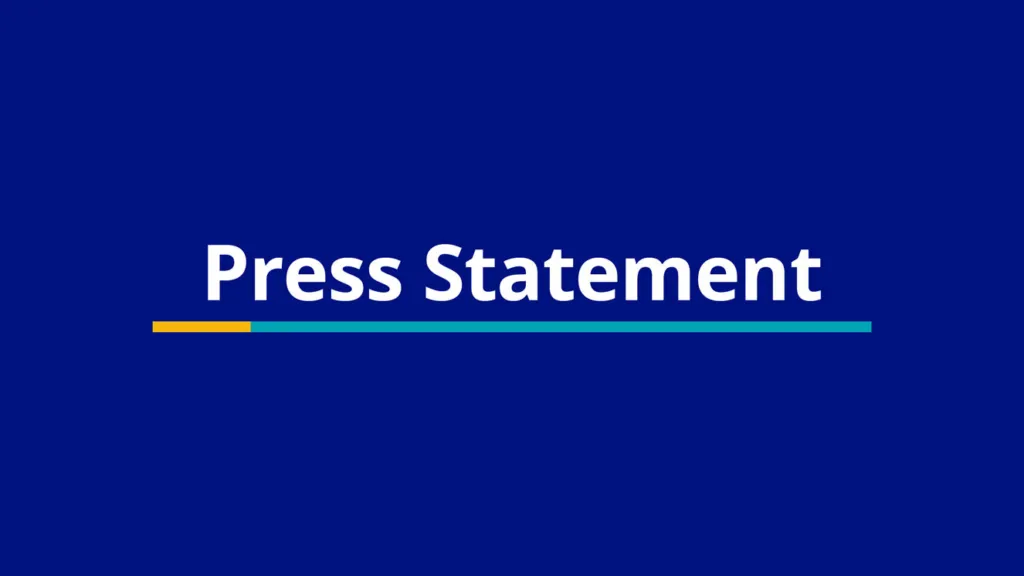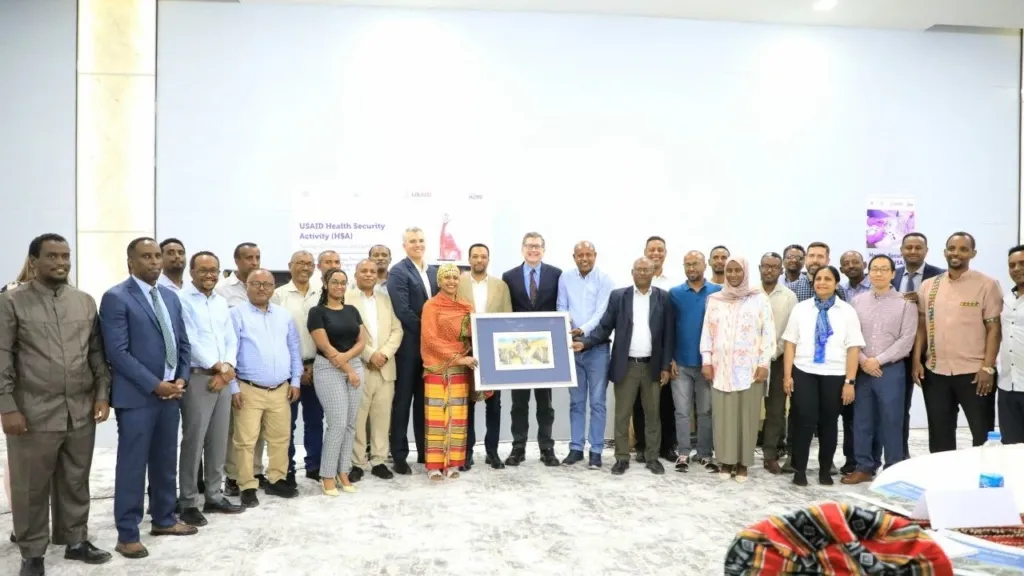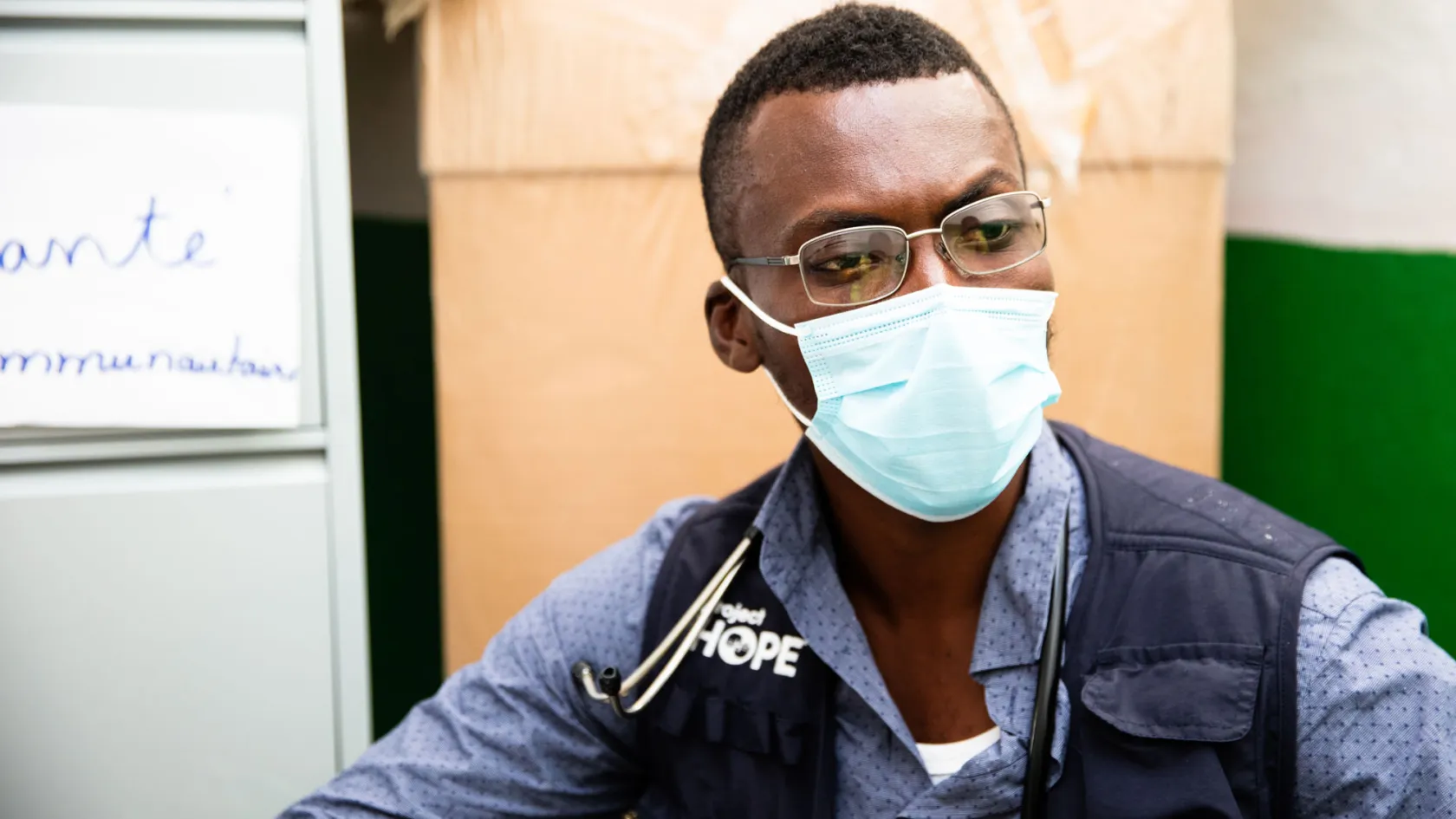Largely Ignored, Health Care Workers’ Mental Health Needs Should be at the Center of Health Crisis Response Efforts
From pilot to a global-scale response, Project HOPE program is addressing mental health crisis as health workers cope with COVID’s toll on top of existing strains

Washington, D.C. (October 6, 2021) – As health workers navigate the profound toll of an uncontained pandemic on top of high job stress, many are signaling the need for support not only with health system capacity, but also emotionally.
While mental wellness is crucial to quality of care and life beyond work, health workers’ mental health needs have been largely unaddressed. Now, a growing international effort is underway to respond to health care workers’ calls for support. Yet, more needs to be done, including increasing resources dedicated to offering mental health support for health care workers.
“We’ve heard countless media stories where health workers describe unthinkable conditions and the emotional toll they face, pleading with the public to care. But we haven’t heard what’s being done to support them,” said Rawan Hamadeh, project coordinator leading Project HOPE’s mental health programs.
Focused on local communities, but designed to scale globally, Project HOPE’s Mental Health and Resilience Training for Healthcare Workers initiative, launched in May 2021, is targeting at least 51,000 health care workers across five continents. By starting with training a set of 1,000 trainers, each trainee will subsequently cascade the training to reach a total of over 50,000 participants. The program has been made possible by a $1 million grant from the Center for Disaster Philanthropy COVID-19 Response Fund, enabling Project HOPE to expand beyond the successful pilot to deliver support on the world stage.
“Mental health and total health are inherently interconnected. One shadow pandemic COVID-19 has caused is the increasing mental health crisis impacting health care workers. By addressing this problem proactively, we can protect frontline health workers today and create a work culture where mental wellness is prioritized,” Hamadeh added.
Piloted in Indonesia and the Dominican Republic, the program is based on “The Healing, Education, Resilience & Opportunity for New York’s Frontline Workers (HERO-NY)” train-the-trainer series originally developed by New York City Health and Hospitals (NYC H+H) to meet the needs of health care workers in New York. The program has been translated into five languages, including Bahasa Indonesian, Filipino, Spanish, Portuguese and French, with Arabic and Bengali translations in process. Trainings are customized to reflect the local cultural environments of health care workers. “By partnering with local experts and community-based implementers, we’re able to deliver the mental health and resiliency trainings in ways that match the culture and honor of the people of a given community, which increases mental health program effectiveness,” Hamadeh said.
Latin America is among priority regions for the Mental Health & Resilience Trainings. Hard-hit by multiple waves of COVID-19 and the deadly Delta variant, local health workers in under-resourced communities strive to serve communities through strenuous conditions. Two thousand health care workers in five Latin American countries have participated in mental health and resilience trainings, including the Dominican Republic, Ecuador, El Salvador, Brazil and Honduras.
“Recurrent themes across all discussions have been the lack of availability, accessibility and affordability of quality mental health services and resources to support health care workers specifically and the general population,” Hamadeh explained. “Yet by engaging health workers on local levels, and listening to understand their specific needs, we’ve found it’s possible to implement successful mental health programs that can translate on global scale.”
While COVID-19 and the Delta variant have brought health care workers into the spotlight, the pandemic adds heavily on top of preexisting strains health workers face. From long hours to crisis scenarios to the dilemma of delivering quality care when resources are constrained, health care workers’ jobs entail scenarios unthinkable to average people, which can cause high levels of stress and affect mental health, even among the strongest, most resilient personalities. Focused on supporting frontline health workers at local levels, Project HOPE has been responding to the COVID-19 outbreak since late January 2020, building on the success of a COVID-19 Training for Health Workers program, and a COVID-19 Vaccine Literacy Training currently underway.
###
Interviews available upon request.
Facts & Figures
Source: Word Health Organization (WHO)
- Facing the growing crisis of a global health care worker shortage, 18 million more health workers are needed by 2030, primarily in low- and middle-income countries.
- An additional 9 million nurses and midwives are needed by 2030 to reach Sustainable Development Goal 3 for health and well-being.
- As of May 2021, more than 115,000 health care workers have died due to COVID-19, with numbers likely under-estimated due to lack of comprehensive data and tracking systems.
About Project HOPE
With the mission to place power in the hands of local health workers to save lives around the world, Project HOPE is a global health and humanitarian organization operating in more than 25 countries. Founded in 1958, we work side-by-side with local health systems to improve health and support community resilience. We work at the epicenter of today’s greatest health challenges, including infectious and chronic diseases; disasters and health crises; maternal, neonatal and child health; pandemic preparedness and response; mental health for health workers; and the policies that impact how health care is delivered. For more information, visit www.ProjectHOPE.org and follow us on Twitter @ProjectHOPEorg.



